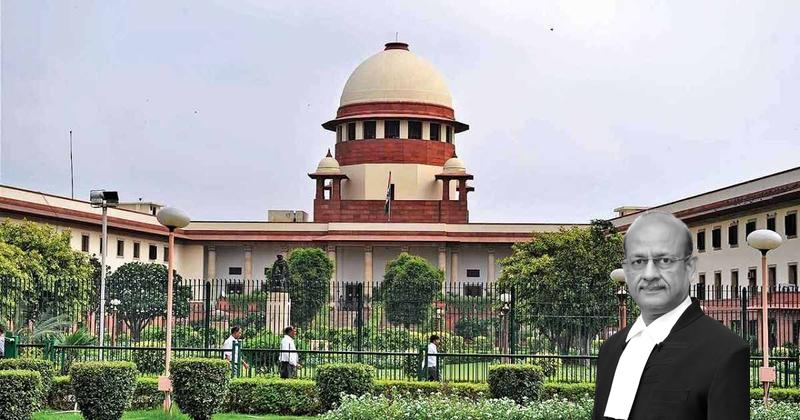Explore the in-depth legal analysis provided by the court in a recent case involving an NDPS Act conviction and the subsequent reduction of the sentence. The court’s scrutiny of the evidence, consideration of mitigating factors, and impact on the sentencing are essential aspects to delve into for a comprehensive understanding of the legal framework at play.
Facts
- The High Court upheld the conviction of the Appellant under Section 20(b)(ii)(C) of the NDPS Act.
- The Trial Court imposed a maximum punishment of 20 years of rigorous imprisonment and a fine of Rs.2 lakhs on the Appellant.
- The High Court, in its judgment dated 26-03-2018, affirmed the conviction but modified the sentence to 15 years rigorous imprisonment and reduced the fine to Rs.1 lac.
- The Appellant and Narsaiya were found guilty under Section 20(b)(ii)(C) of the NDPS Act by the Special Judge, NDPS Act, Bastar at Jagdalpur.
- The order of sentence by the Trial Court did not provide reasons for awarding the maximum punishment to the Appellant.
- Narsaiya died while the appeal in the High Court was pending.
- Police received secret information about transportation of ‘Ganja’ in a Maruti Omni Van and a Truck
- Three persons were apprehended from the Maruti Omni Van for transporting 26 kgs of ‘Ganja’
- Appellant approached the Court aggrieved by the judgment and order
- Criminal proceedings initiated against the driver and appellant under the NDPS Act
- 3327 kgs of ‘Ganja’ found concealed in the truck during search
- Truck intercepted after apprehending persons in Maruti Omni Van
- Driver of the truck tried to escape but was apprehended
Also Read: Challenging Conviction: Legal Analysis Spotlight
Arguments
- Ms. Priyanjali Singh argued that the Appellant, a 22/23-year-old helper in the truck, could not have committed the alleged offence.
- The truck was found to be carrying over 3,300 kgs of ‘Ganja’ (cannabis) disguised with bags of onions at the top.
- Despite the large quantity of ‘Ganja’ on the truck, the Appellant claimed he was unaware of its presence.
- The Prosecution successfully proved the illegal transportation of the narcotic drug in the truck.
- The Respondent argues that the Appellant’s past criminal record must be taken into consideration in determining the appropriate sentence.
- They emphasize that the gravity of the offense calls for a stricter punishment.
- The Respondent also points out the need for deterrence and denunciation of the crime committed by the Appellant.
- They argue that leniency would undermine the integrity of the legal system.
- The Respondent contends that the sentencing judge appropriately considered all relevant factors before imposing the sentence.
Also Read: Analysis of Contempt Charges for Breach of Undertaking
Analysis
- Production, manufacture, possession, sale, purchase, or transportation of cannabis (including ‘Ganja’) is a punishable offense
- Imprisonment term can range from 10 to 20 years
- A fine of not less than one lakh rupees, but may extend up to two lakh rupees, can be imposed in addition to imprisonment
- Presumption based on surrounding circumstances led to the conviction of the Appellant.
- The large quantity of ‘Ganja’ seized influenced the Trial Court to impose maximum punishment.
- Lack of definite evidence to establish Appellant’s knowing involvement in the offence.
- Appellant not the owner of the vehicle in question.
- Trial Court did not consider the extent of Appellant’s involvement or any mitigating factors for a lesser punishment.
- High Court partially allowed the appeal, reducing jail sentence to 15 years and fine to Rs.1 lakh.
- Reasons for a higher than minimum imprisonment sentence by High Court not specified.
- Appellant’s young age, indigent helper status, and lack of suspicious behavior noted.
- Driver attempted to flee while the truck owner is absconding.
- Appellant’s financial hardship highlighted by remaining in jail and filing a petition.
- Appellant’s limited control over the truck’s contents due to economic dependence on the job.
- Owner is absconding and the driver of the vehicle has died.
- The Appellant, a 22/23-year-old indigent helper on a truck and a first-time offender, was convicted.
- Nothing except for vehicle-related documents were recovered from the Appellant.
- Considering the circumstances, the sentence of imprisonment is reduced to the time already served, exceeding the minimum 10-year sentence.
Also Read: Land Dispute: Court’s Analysis on Condonation of Delay
Decision
- The Appellant is set free as the appeal is partly allowed
- The order of the High Court is modified
Case Title: M. SAMPAT Vs. THE STATE OF CHHATTISGARH (2021 INSC 226)
Case Number: Crl.A. No.-000378-000378 / 2021



